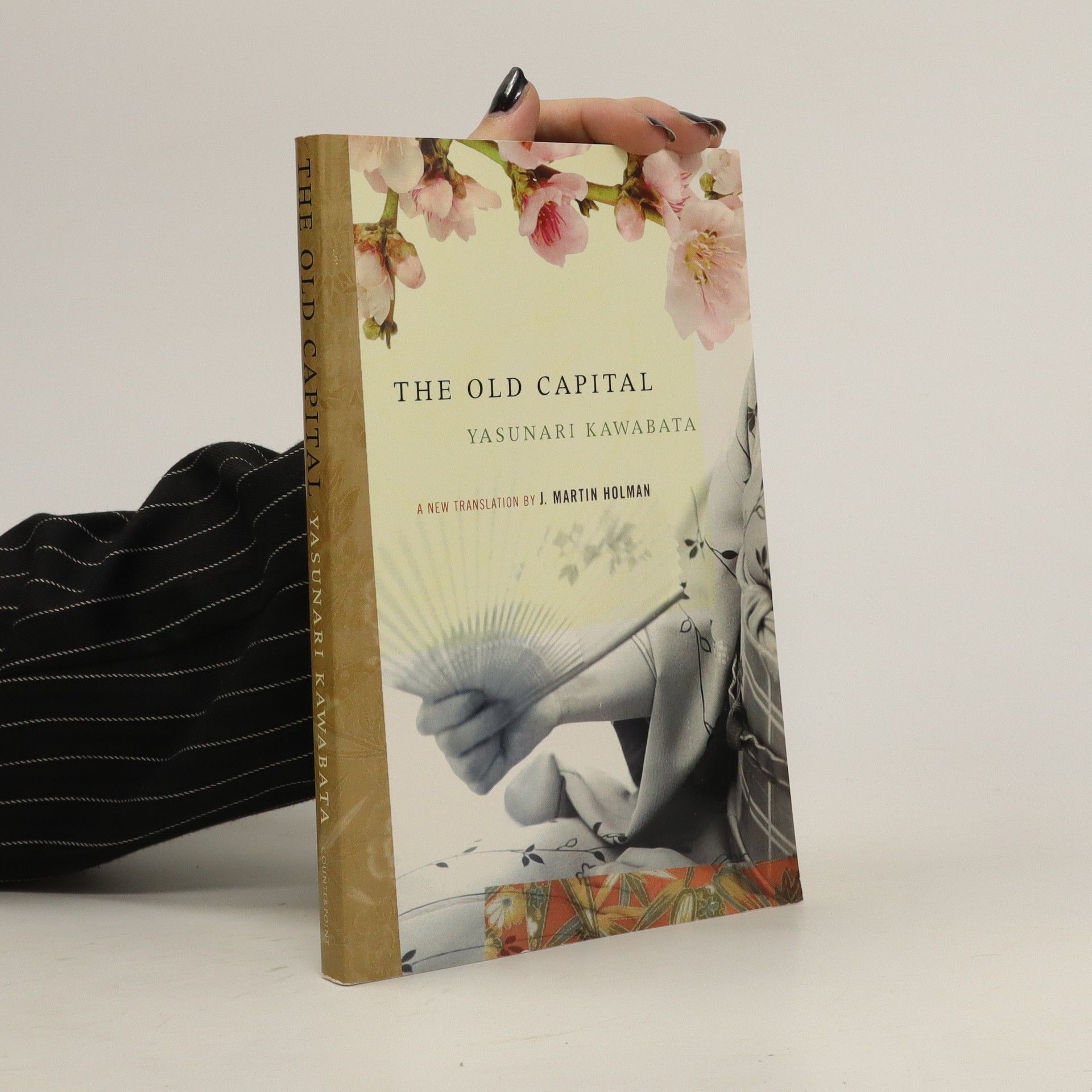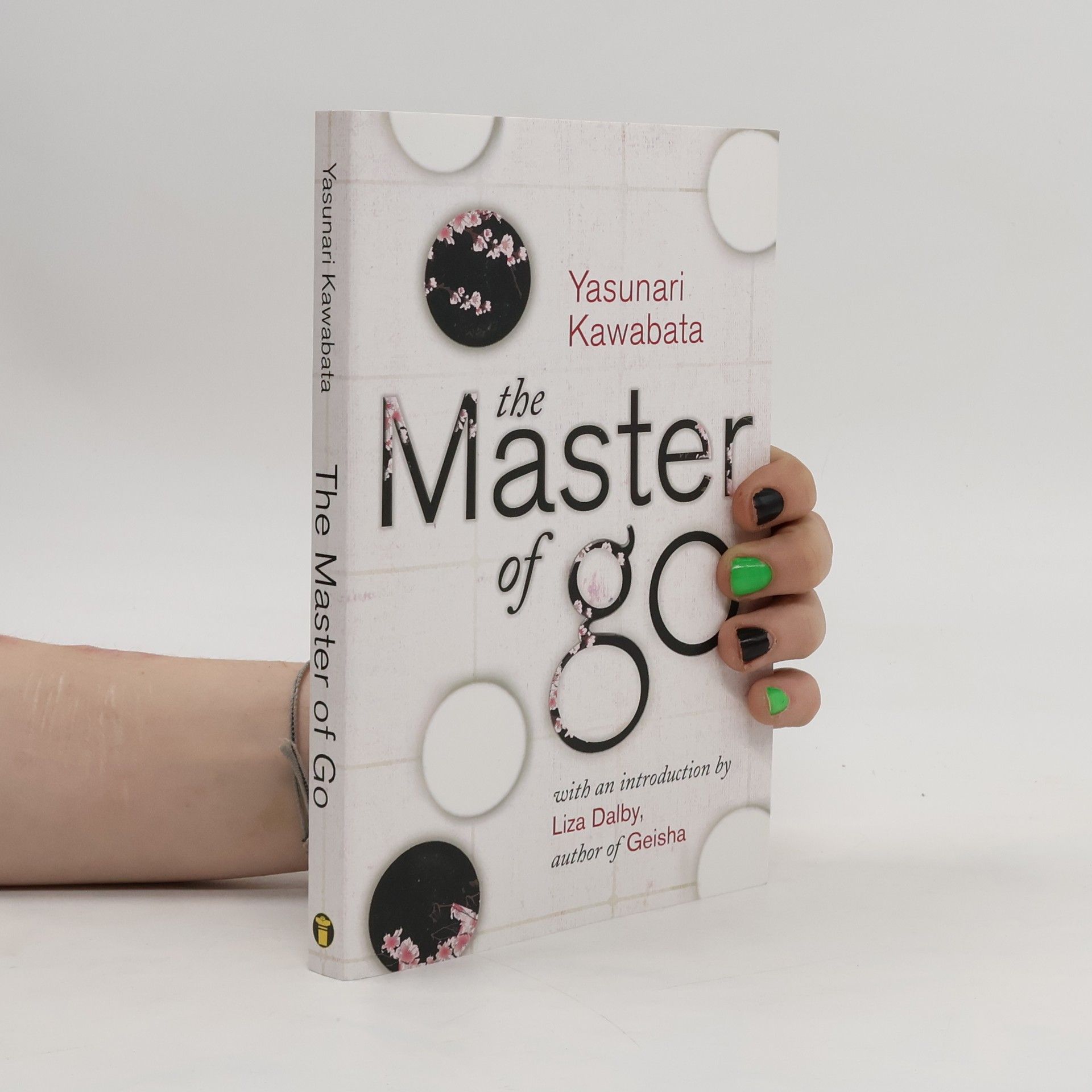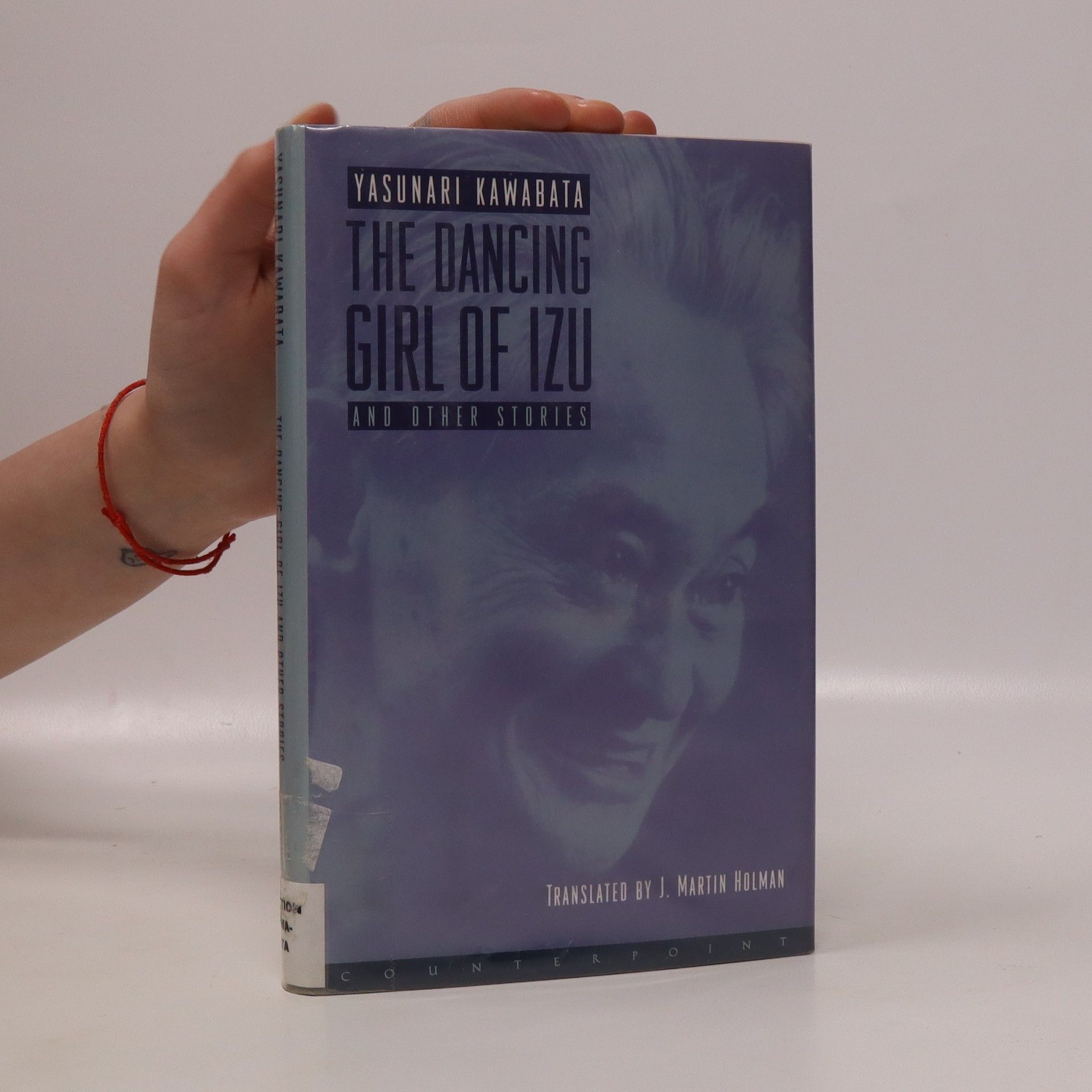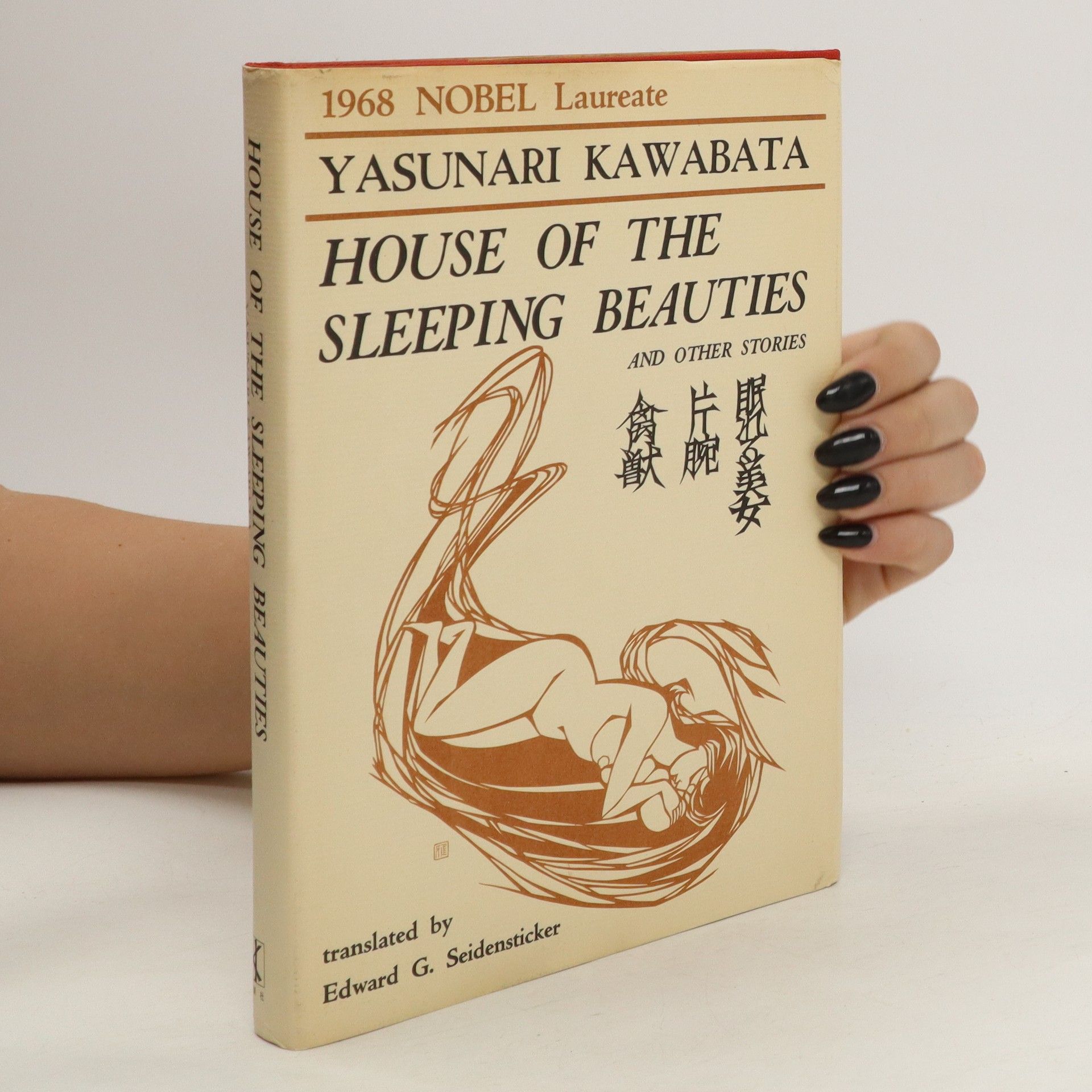Jasunari Kawabata Libri
La prosa essenziale, lirica e sottilmente sfumata di Yasunari Kawabata gli valse il Premio Nobel per la Letteratura. Le sue opere sono celebrate per il loro elegante minimalismo e la profonda intuizione psicologica, esplorando temi come la bellezza, la solitudine e l'impermanenza. Kawabata cattura magistralmente la vita interiore dei suoi personaggi, utilizzando spesso immagini della natura per trasmettere complesse emozioni umane. La sua profonda influenza sulla letteratura giapponese moderna continua a risuonare tra i lettori di tutto il mondo.

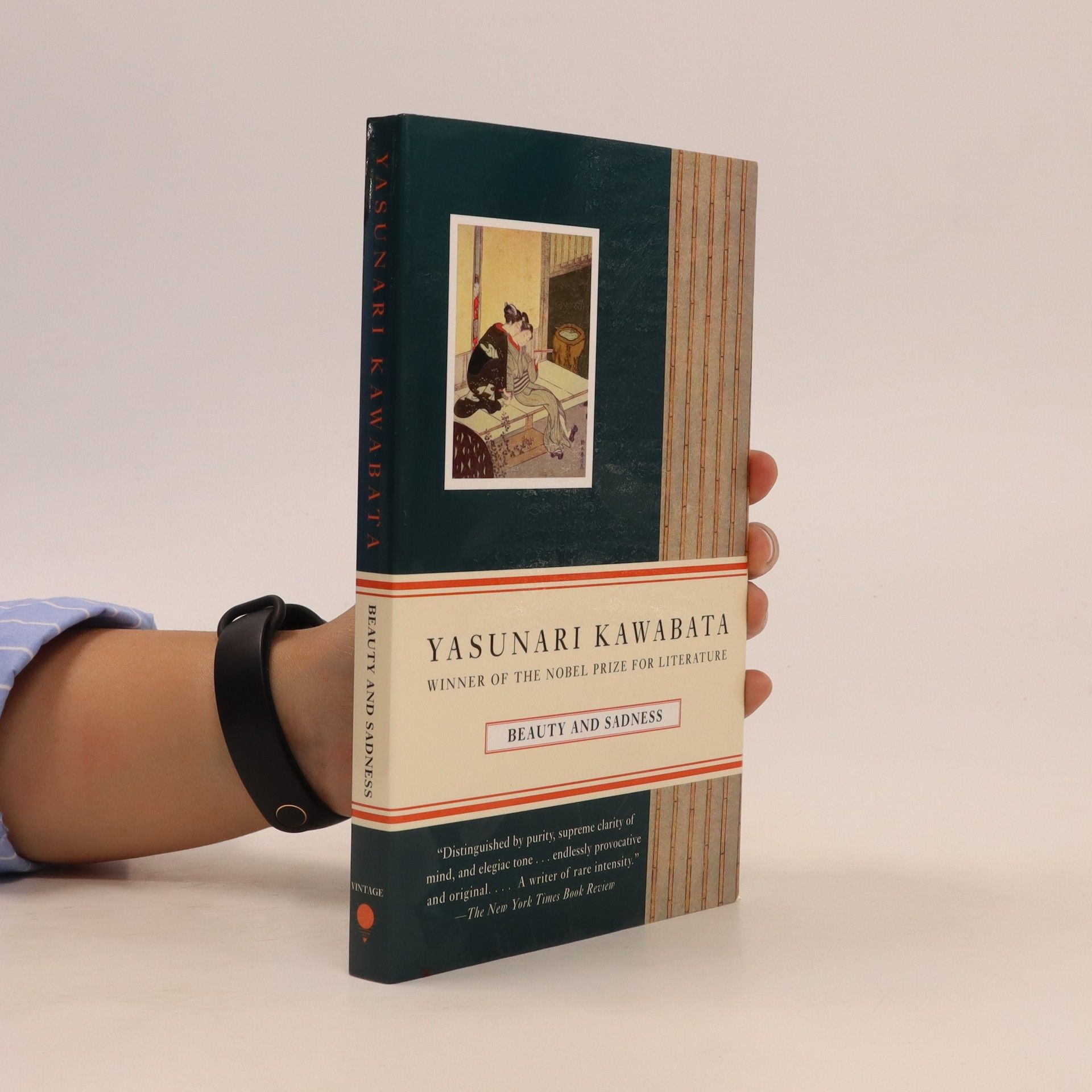
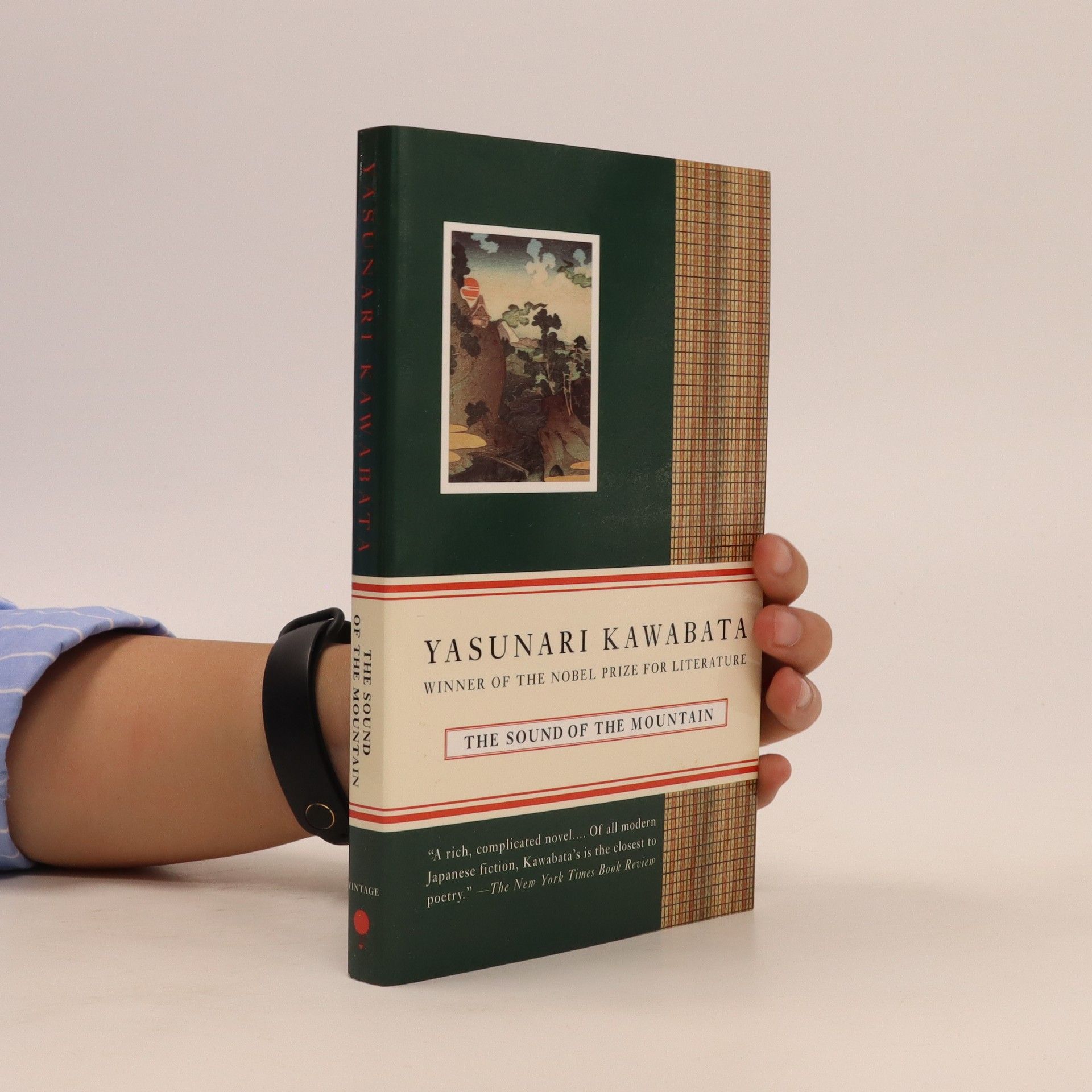

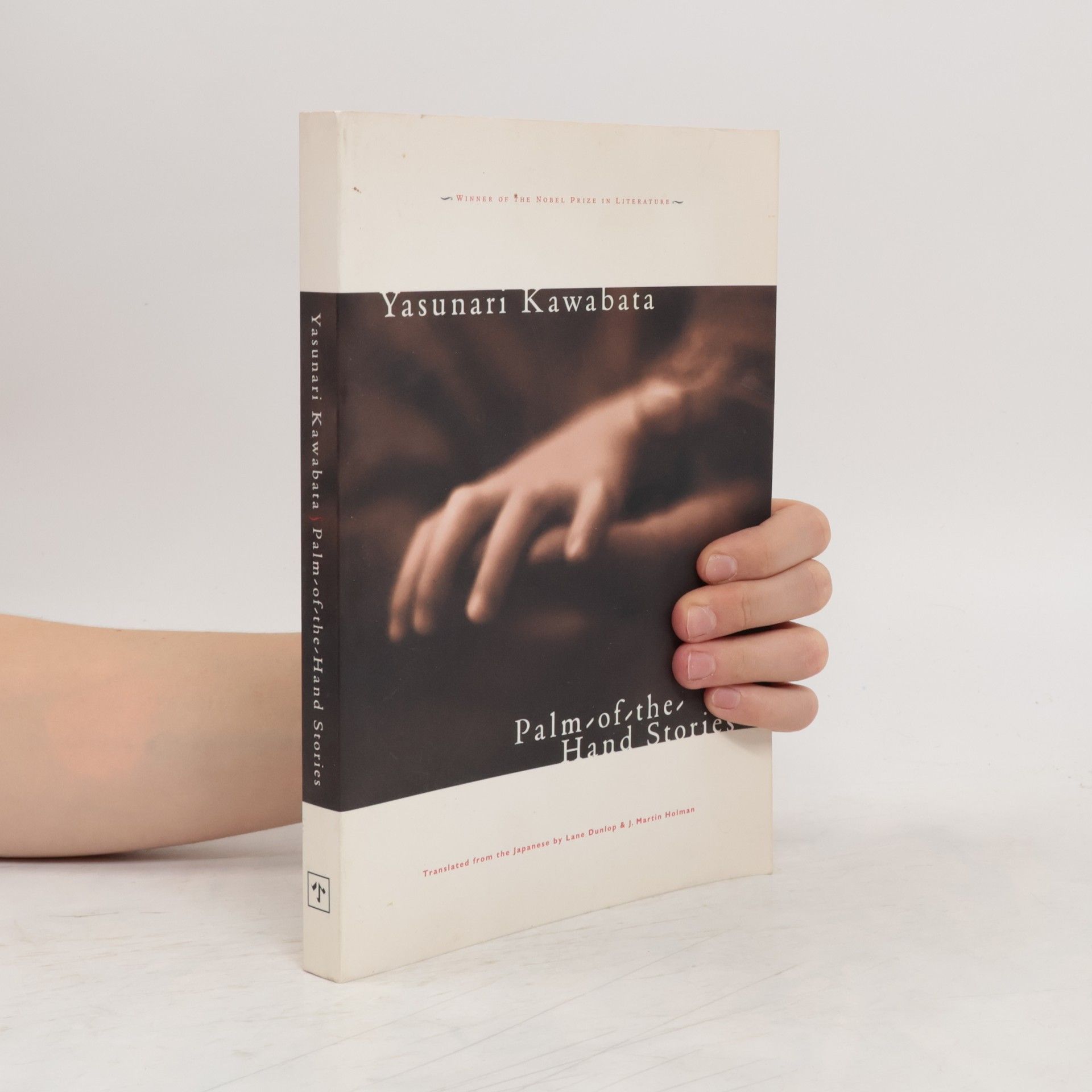

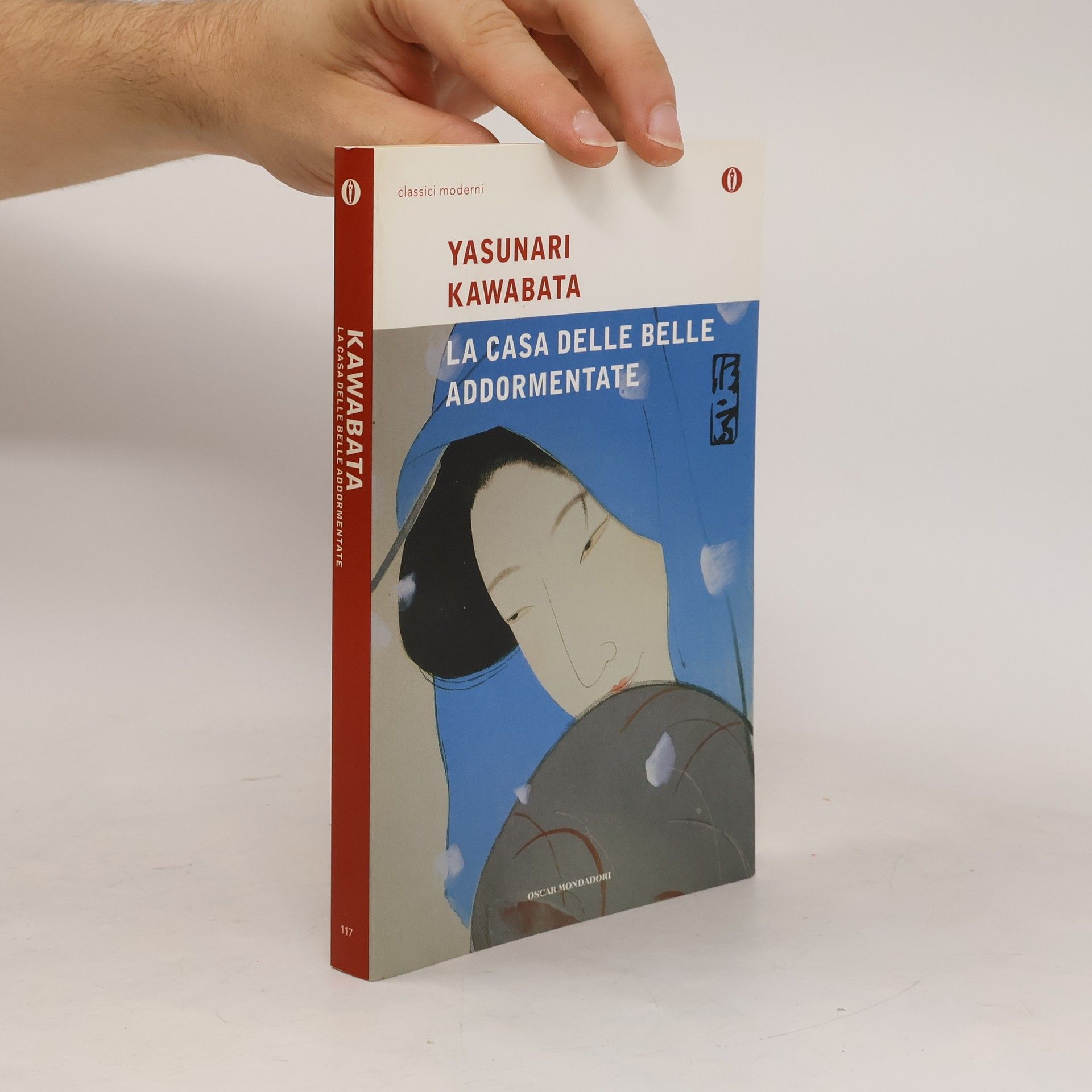
These stories by the 1968 Nobel laureate, some translated into German for the first time, showcase Kawabata's modernity and his unique Japanese sensualism and eroticism, influenced by Joyce and Proust. They exemplify subtle psychology and highlight Kawabata at the peak of his narrative mastery.
Palm-of-the-Hand Stories
- 240pagine
- 9 ore di lettura
Winner of the Nobel Prize in Literature in 1968, Yasunari Kawabata is perhaps best known in the United States for his deeply incisive, marvelously lyrical novel "Snow Country," But according to Kawabata himself, the essence of his art was to be found in a series of short stories-which he called "Palm-of-the-Hand Stories"-written over the entire span of his career. He began experimenting with the form in 1923 and returned to it often. In fact, his final work was a "palm-sized" reduction of "Snow Country," written not long before his suicide in 1972. Dreamlike, intensely atmospheric, at times autobiographical and at others fantastical, these stories reflect Kawabata's abiding interest in the miniature, the wisp of plot reduced to the essential. In them we find loneliness, love, the passage of time, and death. "Palm-of-the-Hand Stories" captures the astonishing range and complexity of one of the century's greatest literary talents.
First Snow on Fuji
- 246pagine
- 9 ore di lettura
Exploring the complexities of love and identity, this collection features nine poignant stories and a brief play by Japan's first Nobel laureate. Kawabata's clear narrative style reveals the struggles of suburban lovers who grapple with self-knowledge and emotional connection. Noteworthy tales include "Silence," a Kafkaesque reflection on an elderly novelist's isolation, and the title story, where a separated couple confronts their lost past. This beautifully spare work delves into themes of art, loss, and the passage of time, showcasing Kawabata's mastery.
The Sound of the Mountain
- 288pagine
- 11 ore di lettura
Librarian's note: An alternate cover of this ISBN can be found here.From the Nobel Prize-winning writer and acclaimed author of Snow Country comes a beautiful rendering of the predicament of old age—about an elderly Tokyo businessman who must face the failures of his memory and the sudden upsurges of passion that illuminate the end of a life.“A rich, complicated novel…. Of all modern Japanese fiction, Kawabata’s is the closest to poetry.” —The New York Times Book ReviewBy day Ogata Shingo, an elderly Tokyo businessman, is troubled by small failures of memory. At night he associates the distant rumble he hears from the nearby mountain with the sounds of death. In between are the complex relationships that were once the foundations of Shingo’s life: his trying wife; his philandering son; and his beautiful daughter-in-law, who inspires in him both pity and the stirrings of desire. Out of this translucent web of attachments, Kawabata has crafted a novel that is a powerful, serenely observed meditation on the relentless march of time.Translated from the Japanese by Edward G. Seidensticker
NOBEL PRIZE WINNER • The successful writer Oki has reached middle age and is filled with regrets. He returns to Kyoto to find Otoko, a young woman with whom he had a terrible affair many years before. "Endlessly provocative and original." —The New York Times Otoko is now a painter, living with a younger woman as her lover. Otoko has continues to love Oki and has never forgotten him, but his return unsettles not only her but also her young lover. This is a work of strange beauty, with a tender touch of nostalgia and a heartbreaking sensitivity to those things lost forever.
The Old Capital
- 160pagine
- 6 ore di lettura
The Old Capital is one of the three novels cited specifically by the Nobel Committee when they awarded Kawabata the Nobel Prize for Literature in 1968. With the ethereal tone and aesthetic styling characteristic of Kawabata's prose, The Old Capital tells the story of Chieko, the adopted daughter of a Kyoto kimono designer, Takichiro, and his wife, Shige.Set in the traditional city of Kyoto, Japan, this deeply poetic story revolves around Chieko who becomes bewildered and troubled as she discovers the true facets of her past. With the harmony and time-honored customs of a Japanese backdrop, the story becomes poignant as Chieko’s longing and confusion develops.
The Master of Go
- 240pagine
- 9 ore di lettura
Go is a game of strategy in which two players attempt to surround each other's black or white stone. In this fictional chronicle of a match played between a revered and invincible Master and a younger, more progressive opponent, Kawabata captures the moment when traditonal imperial Japan meets the twentieth century.
The Dancing Girl of Izu and Other Stories
- 160pagine
- 6 ore di lettura
One of the most influential figures in modern Japanese fiction, Yasunari Kawabata is treasured for the intensity of his perception and the compressed elegance of his style. This new collection compiles twenty-two stories now appearing in English for the first time in book form. In moving selections that sketch the outlines of the young author's life of survivorship, Martin Holman's graceful translation captures the delicate nuances of Kawabata's enduring prose.
Nobel prize-winning author Yasunari Kawabata is noted for his combination of a traditional Japanese aesthetic with modernist, often surreal trends. In these three tales, superbly translated by Edward Seidensticker, erotic fantasy is underlaid with longing and memories of past loves.In the title story, the protagonist visits a brothel where elderly men spend a chaste but lecherous night with a drugged, unconscious virgin. As he admires the girl's beauty, he recalls his past womanizing, and reflects on the relentless course of old age. In One Arm, a young girl removes her right arm and gives it to the narrator to take home for the night; a surreal seduction follows as he tries to allay its fears, caresses it, and even replaces his own right arm with it.The protagonist of Of Birds and Beasts prefers the company of his pet birds and dogs to people, yet for him all living beings are beautiful objects which, though they give him pleasure, he treats with casual cruelty.Beautiful yet chilling, richly poetic yet subtly disturbing, these stories make compelling reading and reaffirm Kawabata s status as a world-class writer.
